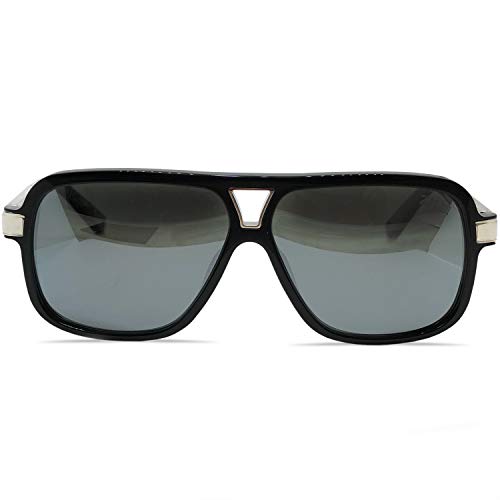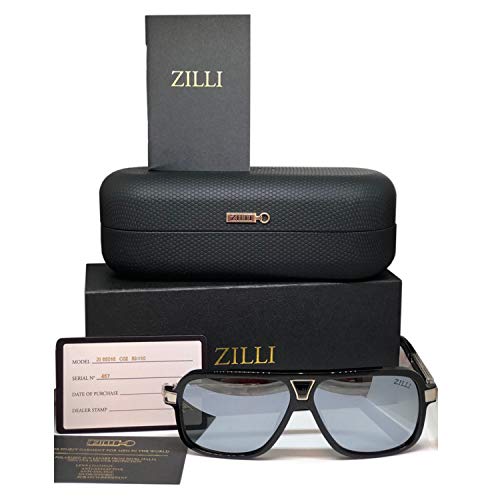





Titanium Polarized Eyeglasses & Sunglasses for Men by ZILLI 65016
Category: zilli men

The concept of a circular economy has gained significant traction in recent years as a means to address the environmental challenges posed by the traditional linear economic model. In a circular economy, the focus shifts from the "take-make-waste" approach to a more sustainable model that emphasizes the reuse, repair, and recycling of materials. This shift not only reduces waste and environmental impact but also presents economic opportunities for businesses and communities.
At the heart of the circular economy is the idea of retaining the value of resources for as long as possible. This is achieved through various strategies, such as product design that incorporates durability, repairability, and recyclability, as well as the development of reverse logistics systems that facilitate the collection and reprocessing of used products. By prioritizing the recovery and reuse of materials, the circular economy aims to break the cycle of resource depletion and waste generation, leading to a more sustainable future.
The benefits of a circular economy are multifaceted. From an environmental perspective, it helps to mitigate the depletion of natural resources, reduce greenhouse gas emissions, and minimize the amount of waste sent to landfills or incineration. This, in turn, contributes to the preservation of ecosystems and the protection of biodiversity. Additionally, the circular economy can lead to the creation of new job opportunities in various sectors, such as repair, remanufacturing, and recycling, fostering economic growth and innovation.
Governments and policymakers around the world have recognized the importance of transitioning towards a circular economy and have implemented various initiatives to support this shift. These include the development of regulatory frameworks, the provision of financial incentives, and the promotion of public-private partnerships. By creating an enabling environment for circular economy practices, policymakers can encourage businesses and consumers to adopt more sustainable behaviors and drive the necessary changes.
At the business level, companies are increasingly incorporating circular economy principles into their operations. This may involve redesigning products to be more durable, repairable, and recyclable, as well as establishing take-back schemes and collaboration with recyclers and remanufacturers. By embracing the circular economy, businesses can not only reduce their environmental footprint but also unlock new revenue streams and enhance their competitiveness in the market.
The transition to a circular economy also requires the active engagement and participation of consumers. Consumers play a crucial role in driving demand for sustainable products and services, as well as adopting more responsible consumption and disposal habits. Through education, awareness campaigns, and the availability of circular economy-friendly options, consumers can be empowered to make informed choices and contribute to the overall success of the circular economy.
In conclusion, the circular economy represents a holistic approach to addressing the environmental and economic challenges of our time. By rethinking the way we produce, consume, and dispose of resources, we can create a more sustainable and resilient future. The transition to a circular economy requires the collective effort of governments, businesses, and consumers, and holds the promise of a more efficient and environmentally-friendly economic model that can benefit both the planet and society as a whole.
product information:
| Attribute | Value | ||||
|---|---|---|---|---|---|
| is_discontinued_by_manufacturer | No | ||||
| package_dimensions | 7.36 x 3.15 x 2.79 inches; 13.62 ounces | ||||
| department | Mens | ||||
| date_first_available | November 16, 2018 | ||||
| best_sellers_rank | #15,202,241 in Clothing, Shoes & Jewelry (See Top 100 in Clothing, Shoes & Jewelry) #16,450 in Men's Eyewear Frames | ||||
| customer_reviews |
|
















